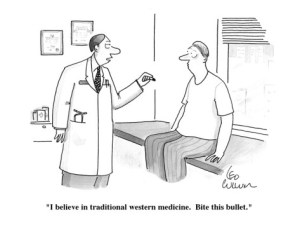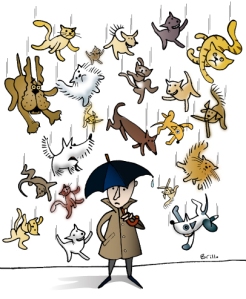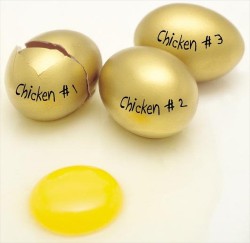You do it. We do it. We all do it. What do we do? We use old sayings when we talk about new situations. Why do we do it is another question.
Maybe, we think we’ll be understood because we are using a saying that we think everyone knows. Maybe we believe the saying captures everything we need to express. Maybe an idiom adds color to what we are saying. Then again, maybe not everyone knows the saying or they have a different idea about what it means. Maybe that saying carries additional meaning that we didn’t intend. So as we continue our series on Words and Word Choice we are focusing on – sayings, phrases, and idioms – because we use them and the meanings they communicate are crucial to dialogue – public ones like our firm is professionally involved with – and personal ones that each of us has every day with our family, friends, and colleagues. We’ll check out what these sayings communicate not just with their words, but their extra meaning via their history and past interpretation that they carry with them. As you never know what your audience associates with these sayings, you may want to reconsider putting the situation into your own words.
In our quest to discover the history of these sayings, we headed offline to the library. We used The Facts on File Encyclopedia of Word and Phrase Origins, Oxford Idioms Dictionary for English Learners, and NTC’s Dictionary of Words and Phases as our sources for the meanings and origins of the sayings in this blog post.
We want to make sure you aren’t “barking up the wrong tree” when you communicate, so read on for our first set of sayings and their origins and meanings.
– – –

Credit: decentreenglish.com
Bite the Bullet
Have you ever been in a tough situation and someone told you to just “bite the bullet?” Doesn’t sound very appetizing, and what does biting a bullet have to do with hunkering down and accepting a difficult task? There are two possible origins for this phrase and both were formed on the battlefield. The first possible origin dates back to the 1850’s and the cartridge used in a British Enfield Rifle. This cartridge had a paper tube that the riflemen had to bite off in order to expose and spark the gun powder. The rifleman had to remain clam while performing this task in the middle of a battlefield hence the expression to “bite the bullet.”
The second possible origin is in reference to surgeons operating prior to the use of anesthesia. They would ask their patients to bite a bullet in an attempt to alleviate their pain.

Credit: Brillo 2010
Raining Cats and Dogs
Our state and many others are currently in a terrible drought, so we certainly wouldn’t mind if it started raining, but perhaps not “cats and dogs.” This rain reference comes from 17th century England when apparently garbage and the carcass’ of cats and dogs were washed through city streets that during heavy downpours sadly became rivers of liter and our lost furry friends. The first printed use of the phrase is also from the 17th century. Playwright Richard Brome wrote in his play The City Witt (1652): “It shall rain dogs and polecats.” Another more mythical theory suggests that the saying was inspired by the fact that cats and dogs were associated with rain and wind in Northern mythology. Dogs were pictured as the attendants of the storm god Odin, and cats were believed to cause storms. Lastly, this saying could have also originated from mis-pronunciation. It’s been suggested that this phrase comes from a Greek expression that sounds similar and means “an unlikely occurrence.” Another theory suggests it comes from a mispronunciation the rare French word for waterfall, “catadoupe.”

Credit: FinanceTwitter
Don’t Count Your Chickens Before They’re Hatched
Have you ever gotten your hopes up too soon? Maybe growing up, your parents told you “don’t count your chickens before they’re hatched” because they didn’t want your excitement to end in disappointment. This phrase originated in an Aesop fable about a woman entrepreneur who arrives at a market with eggs to sell. She announces that she will buy a goose with the profits she gets from the eggs, then to sell the goose and use the profits from that sale to purchase a horse, and so on. It sounds like a good logical plan until she accidentally kicks over her basket of eggs, breaking them in her excitement. No eggs, no goose, no horse, no good. Aesop used this expression again as the moral of his story “The Milkmaid and her Pail.” It has a similar outcome to the story of the woman and her eggs. Just replace eggs with milk, you get the idea.
– – –
Do you use any of these sayings? Are you surprised by any of their origins?
Stay tuned as we keep you on the “straight and narrow” when is comes to communicating, as we continue to share the interesting, twisted, and funny origins behind popular sayings. And, please share with us your favorite sayings and their origins.

Recent Comments